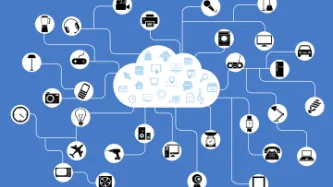Search Taxonomy Terms
IoT in Court
Exploiting new technologies that are in our homes and on our bodies as part of criminal investigations and for use as evidence, raises new challenges and risks that have not been sufficiently explored.
Phone Data Extraction: digital stop and search
The use of ‘mobile phone extraction’ tools enables police forces to download all of the content and data from people’s phones. This can apply to suspects, witnesses and even victims – without their knowledge.

